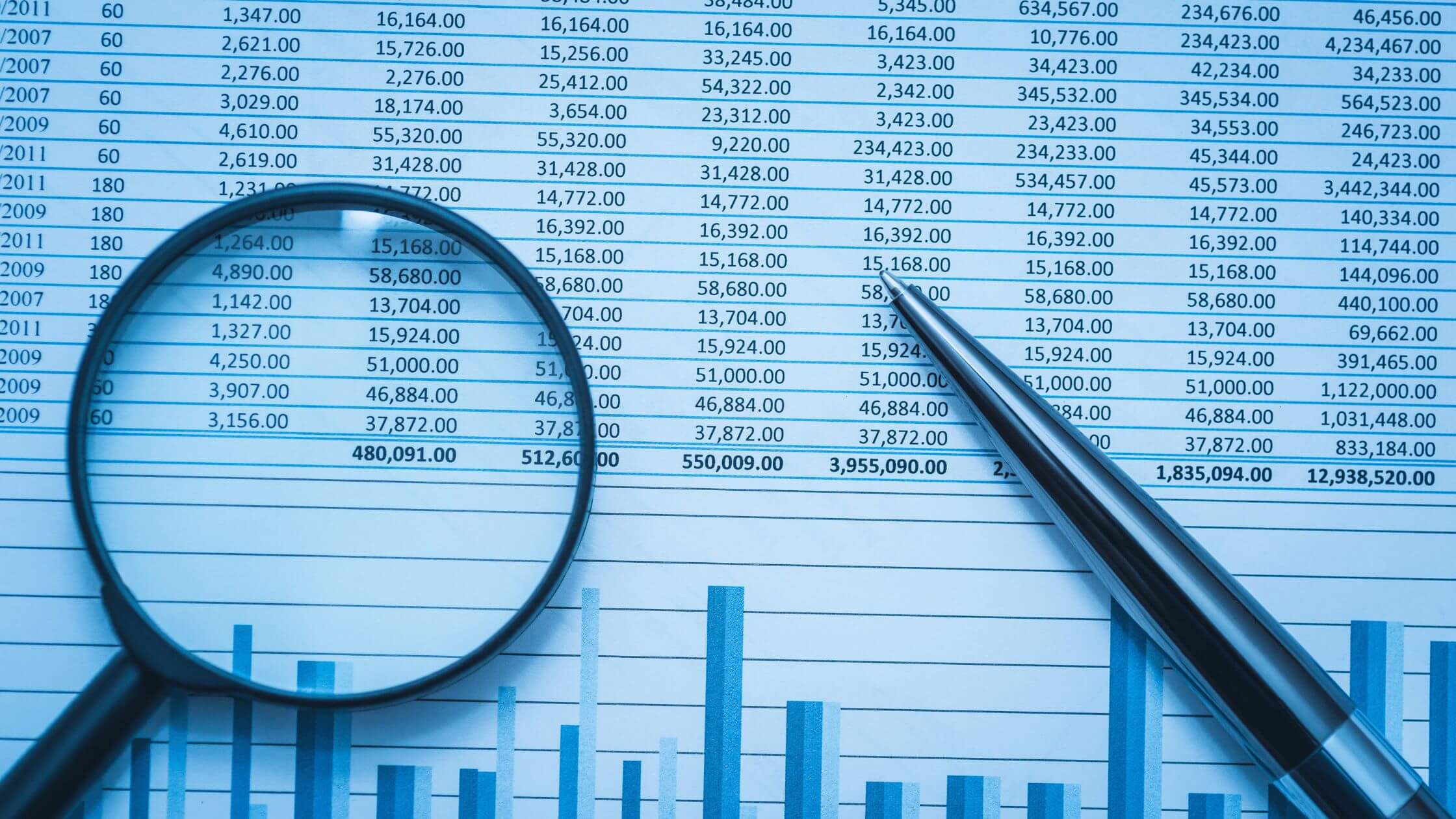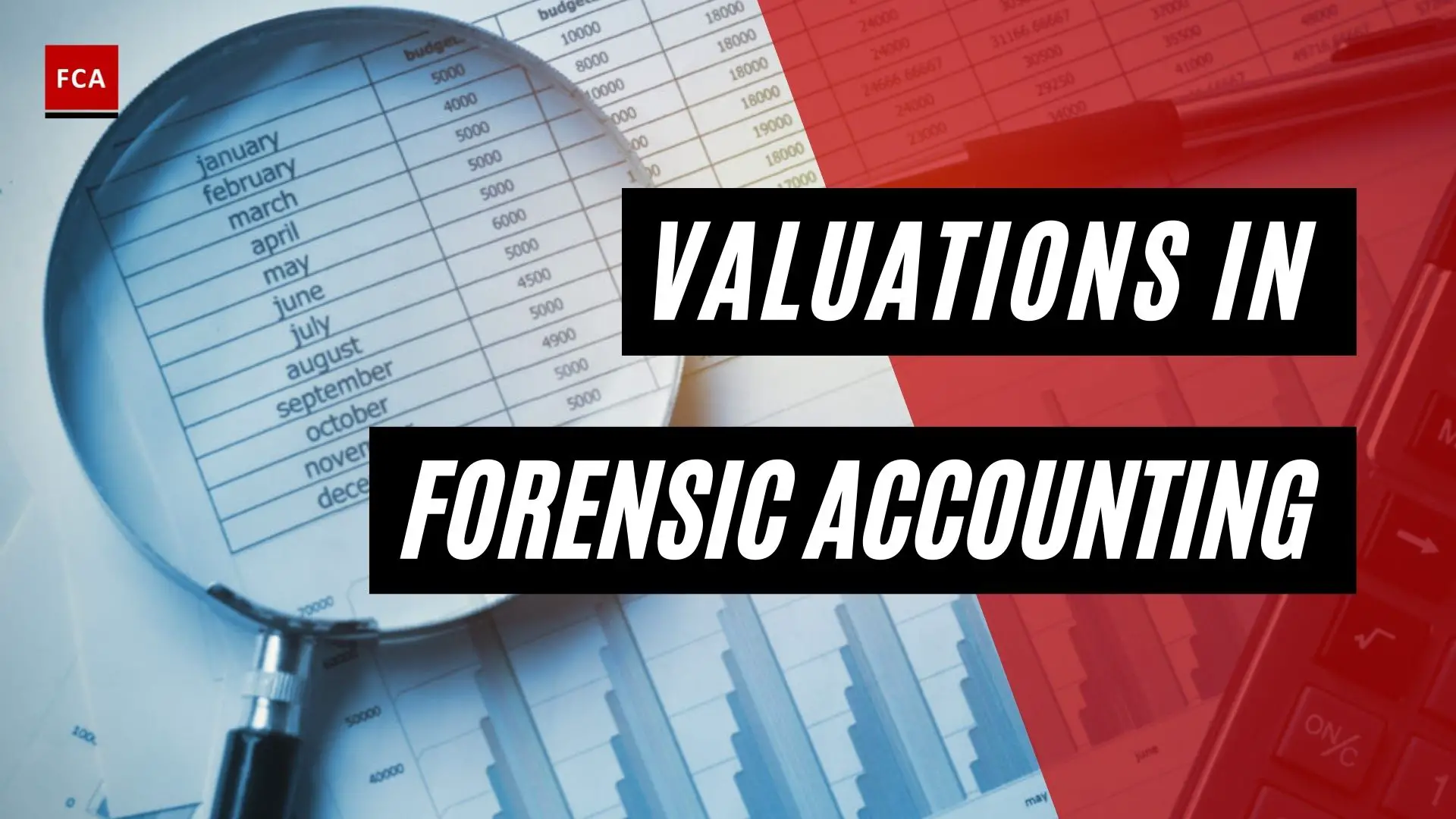
Unveiling the Mysteries of Forensic Accounting Jobs
Forensic accounting is a specialized field that combines accounting, auditing, and investigative skills to uncover financial fraud and misconduct. Forensic accountants are highly trained professionals who work in various industries, including law enforcement, government agencies, accounting firms, and corporations.
What is Forensic Accounting?
Forensic accounting is the application of accounting principles and techniques to legal issues. It involves the analysis of financial records, transactions, and reports to identify irregularities, discrepancies, and fraudulent activities. Forensic accountants use their expertise to investigate financial crimes, such as embezzlement, money laundering, and securities fraud.
What Do Forensic Accountants Do?
Forensic accountants perform a wide range of tasks, including:
- Conducting financial investigations: Forensic accountants investigate financial transactions to identify fraudulent activities, such as embezzlement, money laundering, and securities fraud.
- Analyzing financial records: Forensic accountants analyze financial records, such as bank statements, tax returns, and financial statements, to identify discrepancies and irregularities.
- Providing expert testimony: Forensic accountants provide expert testimony in court cases involving financial fraud and misconduct.
- Assisting in litigation: Forensic accountants assist lawyers in preparing for litigation by providing financial analysis and evidence.
- Conducting risk assessments: Forensic accountants conduct risk assessments to identify potential areas of financial fraud and misconduct.
What Skills Do Forensic Accountants Need?
Forensic accountants need a combination of accounting, auditing, and investigative skills. They must be able to analyze financial records, identify irregularities, and provide expert testimony. They must also have strong communication skills, as they often work with lawyers, law enforcement officials, and other professionals.
Forensic accountants must have a strong understanding of accounting principles and techniques, as well as knowledge of financial regulations and laws. They must also be able to use specialized software and tools to analyze financial data.
Conclusion
Forensic accounting is a challenging and rewarding field that requires specialized skills and expertise. Forensic accountants play a critical role in uncovering financial fraud and misconduct, and their work is essential in ensuring the integrity of financial systems. If you are interested in pursuing a career in forensic accounting, you should consider obtaining a degree in accounting or a related field, as well as obtaining professional certifications, such as the Certified Fraud Examiner (CFE) or the Certified Public Accountant (CPA) designation.

Average Rating